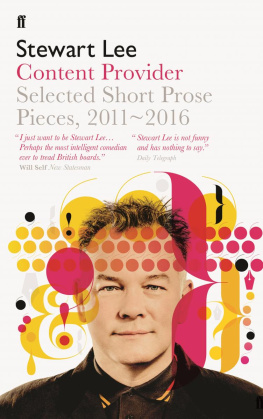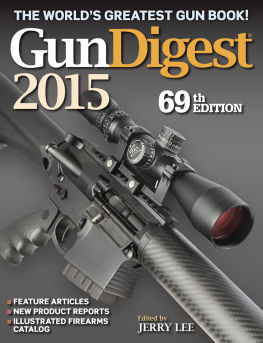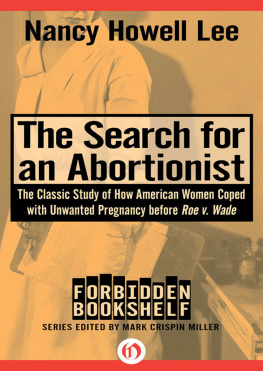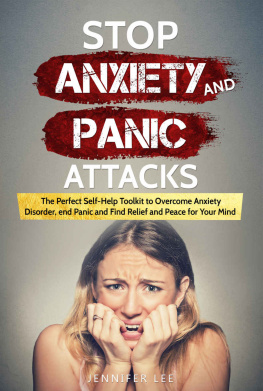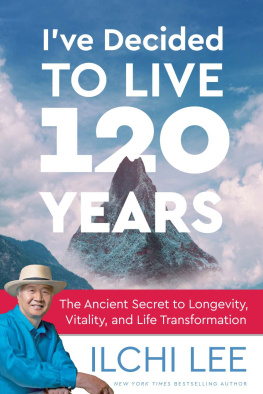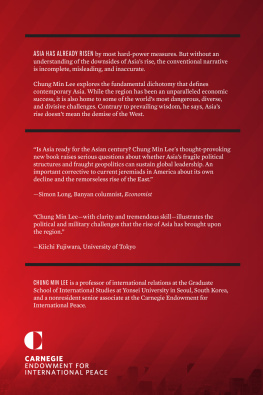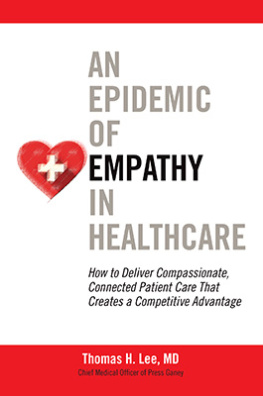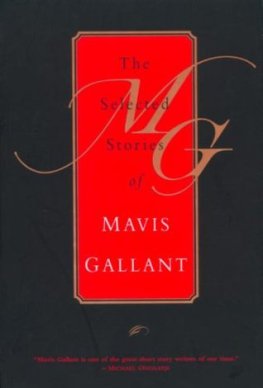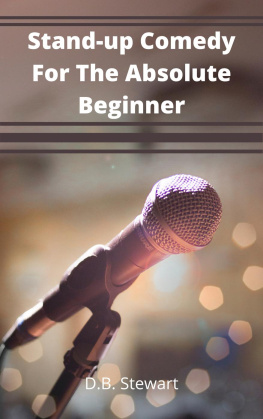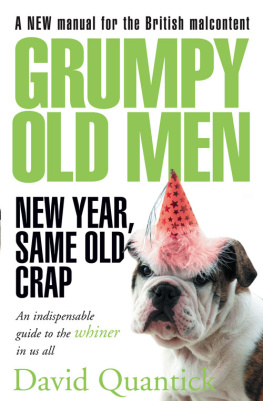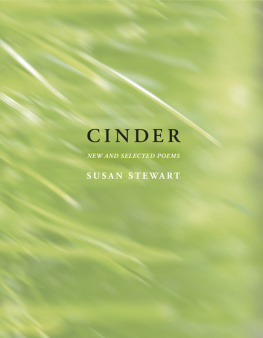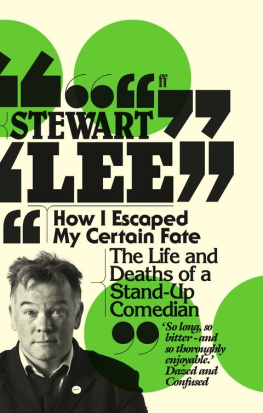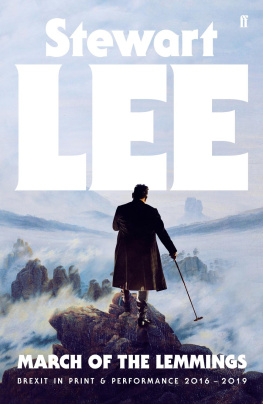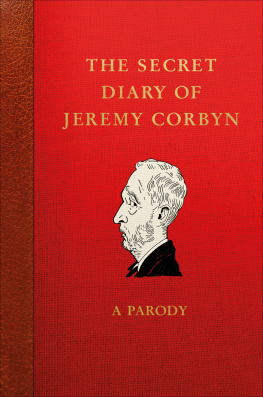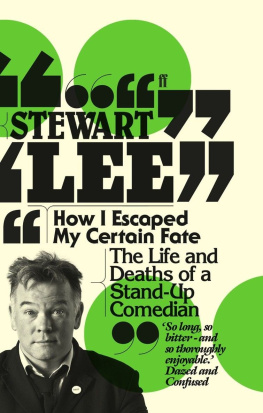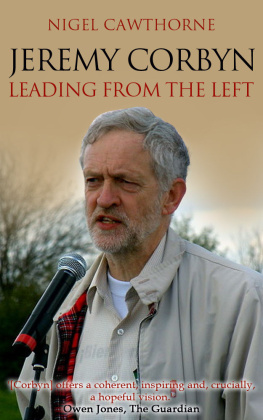To Barry Hogan and Deborah Kee-Higgins of All Tomorrows Parties, who gave me the weekend of my life, in Prestatyn, North Wales, in April 2016.
I started doing stand-up in the late 80s and got my first paid gig in September 1989, at the Bedford Pub in Balham, south London. Do look for it. It is still there. But everyone that drank in Balham back then Goblin Dave, Welsh Pete, the one they called Maestro, and the piano-playing woman with the plastic head has been priced out. Only Arthur Smith, the Redondan king of SW12, remains, hiding out across the road in an art deco block of flats the local legends say Hitler personally spared from blitzkrieg.
I was twenty-one and a half years old when I became a semi-professional stand-up. The first time I got asked to write funny columns was, undeservedly, for a short-lived comedy magazine, Deadpan, in 1994, off the back of being a radio comedian.
I dug out my juvenile efforts recently. They were adequate. Gratifyingly, the me in the stories wasnt really me. He was a character, a kind of would-be bohemian columnist version of me, eager to impress, pleased with his own cleverness, fabricating meetings with Kurt Cobain and imagining shared-stage-fright ferry flights across the English Channel with Stephen Fry.
At least, I assume it was a character of sorts, one that I consciously created to provoke myself into the generation of copy, but I cant be sure. Who was I then? What was I thinking? I may be reverse-engineering a truth I wish existed. Sadly, looking at the magazine pages, I appear to have allowed myself to be photographed for my byline picture in a south London greasy spoon, young and gaunt and smoking a cigarette, which suggests a blurring of the boundaries. Maybe I was in deep cover. Maybe I still am. I dont know. Whatever, I wish I was still 12 stone and sickly and could smoke a pack of cigarettes before breakfast without throwing up.
Deadpan folded after a year and I dont remember any of the funny columns I got asked to write by any other outlet being much good at all for the next decade or so. That doesnt necessarily mean they werent. I cant remember much about the decade of the 90s. I was drunk for a lot of it, and then depressed towards the end, I think, in retrospect. Its all a haze of London comedy-club cellars viewed from the stage through a jazz photograph pre-smoking-ban fug; motorway service stations in Doppler effect from the transit van windows on loss-making tours with the Lee & Herring double act, where big theatre gigs with our big promoter made me less than my usual solo slots on pub-cellar mixed bills paid me alone; and people arguing in hotel bars and Little Chefs; and intrigue in the toilets at the Comedy Caf in pre-hipster Old Street, its upstairs room the London circuits unofficial social club in those fondly remembered long, late Saturday nights of the early 90s, Roger Mann on his hands and knees, pulling faces from behind a sofa; and all of us getting drunk in Indian restaurants in tiny towns recently fucked by Thatcher; and me going deaf at rock and roll gigs in Camden and Harlesden and Islington and Manette Street and Charing Cross Road. Polvo! Yo La Tengo!! The Fall!!!
What a decade it was. I went to Canada and Australia. There was unconsummated American network interest in my stand-up act and sit-com and movie scripts. My weight went up and down, and so did my bloodstained pants, from toilet seat to toilet seat, all across the world. I made money on TV and doing my stand-up on the club circuit, and lost it all on Edinburgh fringe solo shows and our double-act tour debts. I grew up into grunge, and for a brief time my natural dress sense overlapped with fashion, and popular music sounded like what I had once imagined it might do, if all the things I already knew about and loved cross-fertilised and bred.
I was engaged to a Britpop tastemaker, and then disengaged. I ruined a few lives, I expect. I wasted other peoples time, and my own. I performed much of the work I was offered with a sense of dazed detachment, as if I was better than it, yet I seemed unable to commit to any coherent alternative. I ate curries and toasted cheese and tuna sandwiches and little else, and it is no surprise I was unwell. I owned, and wore, leather trousers, with a sense of entitlement. I failed to grasp a succession of nettles, and nailed nothing to any sticking plates worth speaking of.
I was busy all the time, night after night, yet I emerged blinking into the new century with little to show for all those hours on stage, except a small flat, over a shop in a then liminal north-east London borough that was subsequently deemed upmarket, the sale of which made me more money than any job I have ever done, buying me, and others of my generation in similar situations, an unearned second chance, even as the door of opportunity slammed permanently shut in the face of those of similar social backgrounds unfortunate enough to have been born a decade later.
I cant find any of the occasional filler columns I wrote for the Guardian Guide in those years. I am glad. I was a prick for most of the 90s, and I think my supposedly funny writings of the period probably went the same wandering way as my stand-up. I had lost track of whatever was essentially me, caught up in zeitgeisty 90s cynicism; enacting misguided projectile vomiting at soon to be discarded, and now nostalgically remembered, liberal orthodoxies; trying to write and perform what I imagined was expected of the young educated men of the period.
Sometime around the end of the decade I lost the ability, financially and creatively, to perform live (as detailed in my first book, How I Escaped My Certain Fate), and anything I wrote for newspapers over the next few years was either serious music criticism, which kept the wolf-man from the door and got me free CDs during an extremely lean half-decade, or whiny think-pieces about the injustices of showbiz failure justified, as the comedian Simon Munnery witheringly dismisses all autobiographical writing.
When I returned to stand-up in the mid-noughties, it was as someone with nothing to lose, broke, disillusioned and defeated by legal wrangles around a supposed theatrical smash hit I had worked on. I might as well do what I wanted as a stand-up comedian, as nothing else had worked out anyway, and I had no dependants and no real needs. But, like Morgan Freemans jaded jailbird in The Shawshank Redemption, the capricious parole board of Fate decided to free me at exactly the point where I had no options left, and my 2004 live stand-up comeback show was a critical hit.
When newspapers, excited by the possibility of the passing web traffic my new-found acclaim might generate, started asking me for funny columns again, I found myself writing in the same devil-may-care spirit. This new approach began when the Guardian requested a piece on the 2011 royal wedding.
The clown theorist Gaulier had once told my friend, the theatre-maker Rob Thirtle, that one should perform comedy as if the next action would result in your death. I decided to write like I was trying to get myself sacked. (I have tried to perform my TV stand-up shows in this vein too, and reaction to the recently broadcast fourth series suggests I may at last have succeeded.) I gave the Guardian a stream-of-consciousness screed, scrawled out as if by a man trying to score points, name-dropping obscure occult practitioners and half-remembered historical facts, grasping towards some unified theory of meaning known only to the addled and insecure author.
I wasnt trying to write only as someone trying to be funny, but also as if I were someone desperate to impress. Clearly it worked.

